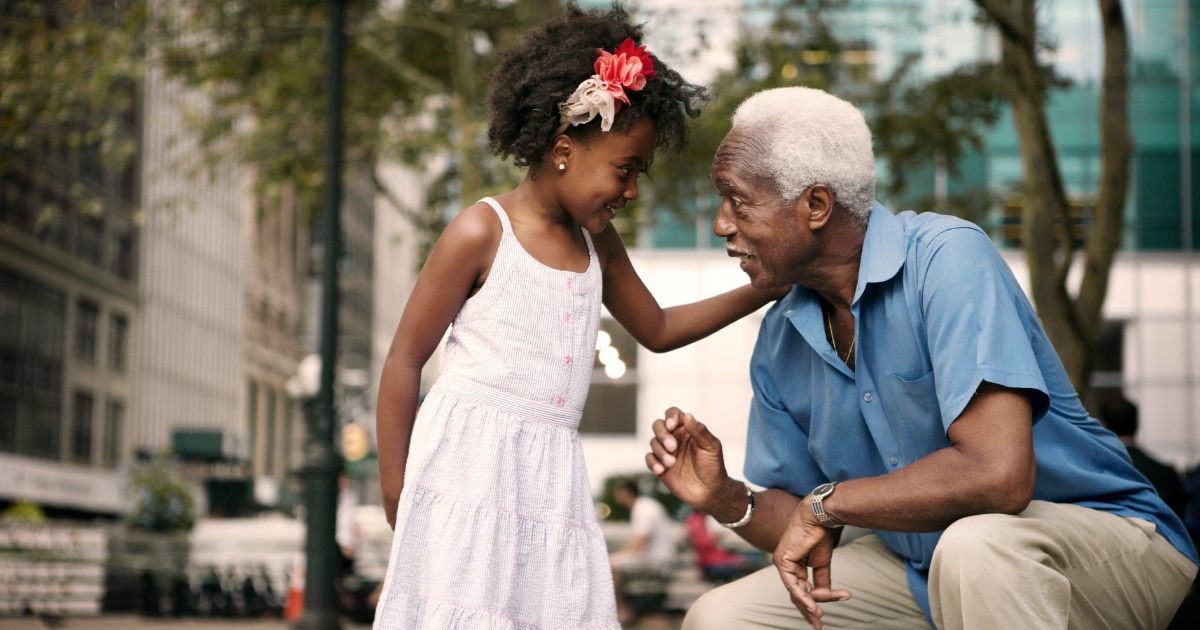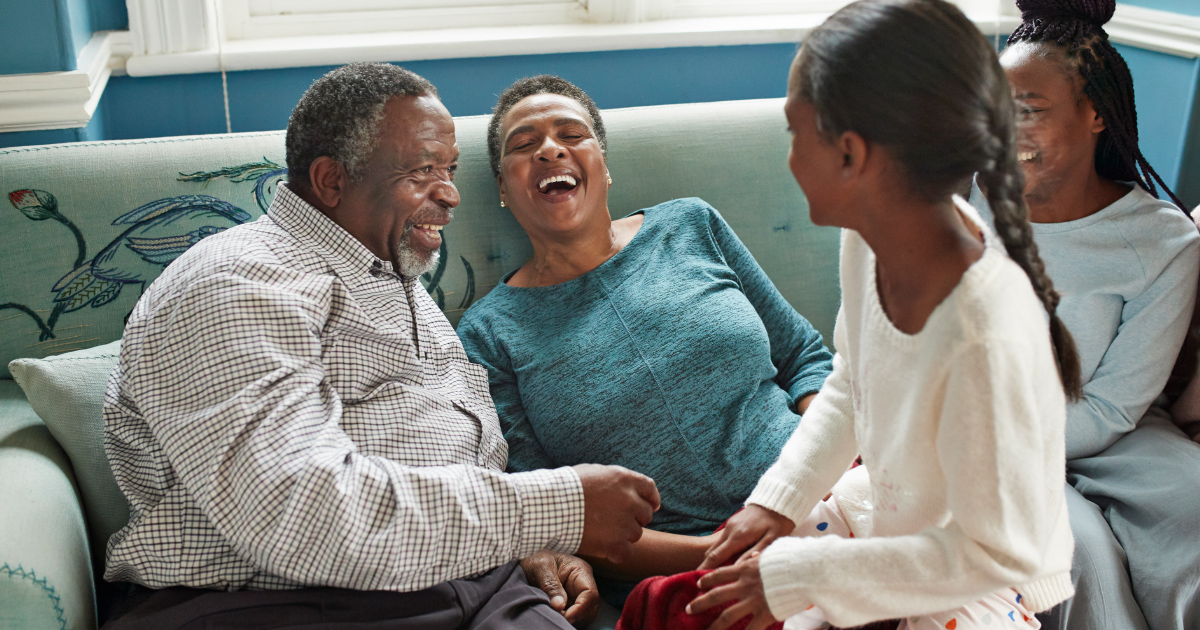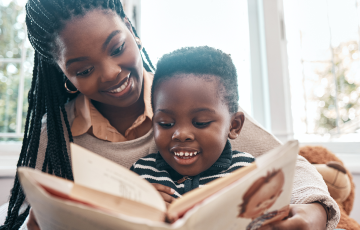Why kids should hear the old family stories

The tales the old folks (and you) could tell the young ones… And you should. It helps them in many important ways. Here’s how.
Every family has its stories – and someone who tells them over and over again. The grown-ups will listen patiently and try to look interested, the teens will roll their eyes and keep glancing at their phones, the little ones might fidget.
Research has proven time and again that hearing these stories have benefits, especially for kids. “Children are naturally self-centred, so any story featuring themselves will have an extra attraction,” explains UK psychologist and parenting expert Claire Halsey. “Hearing about family members being younger and getting into adventures, or living at a time when things were different can stir the imagination.”
Robyn Fivush, a psychology professor in America, says stories “also teach a child ‘I belong here. I’m part of these stories’. They provide not just a script for life, but a set of values and guide posts.”
GETTING PERSONAL
The power of personal stories, says Paul Jackson, director of the Society for Storytelling in the UK, is that they can pull families together. “Even just asking ‘do you remember when?’ can trigger images and memories and a deep emotional response.”
Reading and being read to are important for a child’s development. “But the stories they hear from their family help them to understand their own world, who they are, where they come from and where they might want to go. The stories of our childhood shape the people we become and the world we create,” says Jonathan Douglas, director of Britain’s National Literacy Trust.
“Sharing stories as a family will boost your child’s emotional development, as well as bringing them enjoyment and giving them inspiration. What’s more, storytelling will also help to strengthen your relationship with your child, and we know that this foundation helps children develop the resilience and confidence they need to succeed later in life.”
WHAT IT DOES
Though the kids might moan about Mkhulu’s tales from the old days, one American study found that more than 90% of teens and young adults can retell family stories. It helps them with their sense of identity in a family, a society and culture. Family storytelling teach children about powerful emotions and help prepare them to cope with life’s challenges. Teenagers in families who regularly talk about their history have higher self-esteem, stronger self-concepts, better coping skills and are more resilient, one study found.
Stories can be serious, too. Kids can hear about distress, anger or sadness their parents felt and how they dealt with it, says Dr Fivush. Researchers in one study discovered children whose parents explained negative emotions and how they resolved them had better social and academic skills.
Chances are you, reading here, are in a post-colonial country which has a history marked by oppression, liberation struggles, racism, violence, perhaps even wars. Your child will learn about them in history books eventually. But hearing first-hand from family about how they coped with such events, will turn disturbing facts into something more real and easier to understand. It will also give adults the chance to answer questions that might bother them.
“Stories that have meaningful messages can instill virtues in your child,” says author Claire Halsey. “They can make them aware of their own culture and roots, opening them up to their family’s customs and traditions.”
WHERE AND WHEN TO BEGIN
Start with the family history, from grandparents to children’s own early lives. Young adults especially connect with stories about their parents.
Think about meaningful, interesting stories to tell. Choose stories that are about the child’s life stage and things they might be struggling with.
If you or your parents could leave your kids with only two stories, what would they be? Tell those and encourage your folks to share theirs.
You could even interview and record Gogos and Mkhulus or family friends telling stuff.
“If you want a happier family, create, refine and retell the story of your family’s positive moments and your ability to bounce back from the difficult ones,” says author Bruce Feiler. “That act alone may increase the odds that your family will thrive for many generations to come.”
Related articles

Latest Jet club magazine
We’ve got the latest trends, exciting prizes and exclusive savings just for you!
Jet Club will not pass your details to anyone else. By clicking the subscribe button you confirm you have read and agree to the Jet Club Terms and conditions and Jet Club Privacy Statement.
Subscribe



